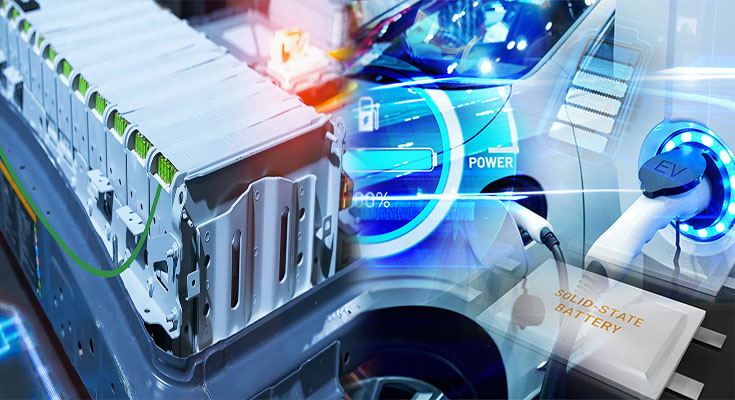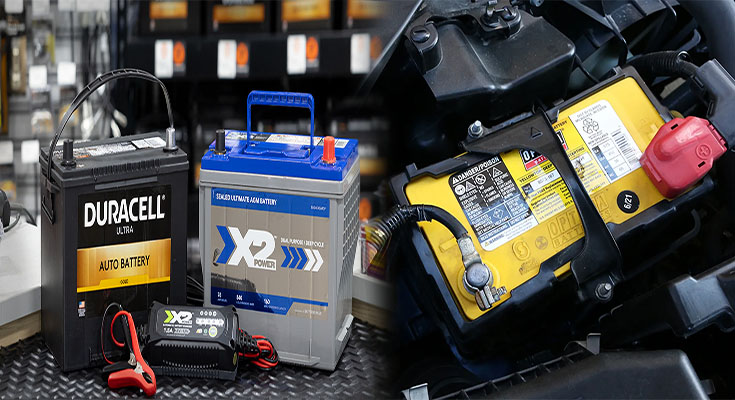
Comparing Lithium-ion and Solid-State Electric Car Battery Technologies
The development of electric vehicles (EVs) has gained significant momentum in recent years, promising a more sustainable and efficient mode of transportation. Central to this progress is the advancement of electric car battery technologies. In this article, we will explore and compare two prominent battery technologies: lithium-ion and solid-state batteries.
Lithium-ion Batteries
Lithium-ion batteries have become the industry standard for EVs due to their high energy density, reliability, and cost-effectiveness. These batteries consist of lithium-ion cells that store and release electrical energy through a reversible chemical reaction.
Advantages of Lithium-ion Batteries
- Energy Density: Lithium-ion batteries offer high energy density, allowing for a longer driving range per charge. This translates to a greater mileage and improved convenience for EV owners.
- Rapid Charging: Compared to other battery technologies, lithium-ion batteries can be charged relatively quickly, reducing the downtime for charging.
- Established Infrastructure: The widespread use of lithium-ion batteries in various electronic devices


